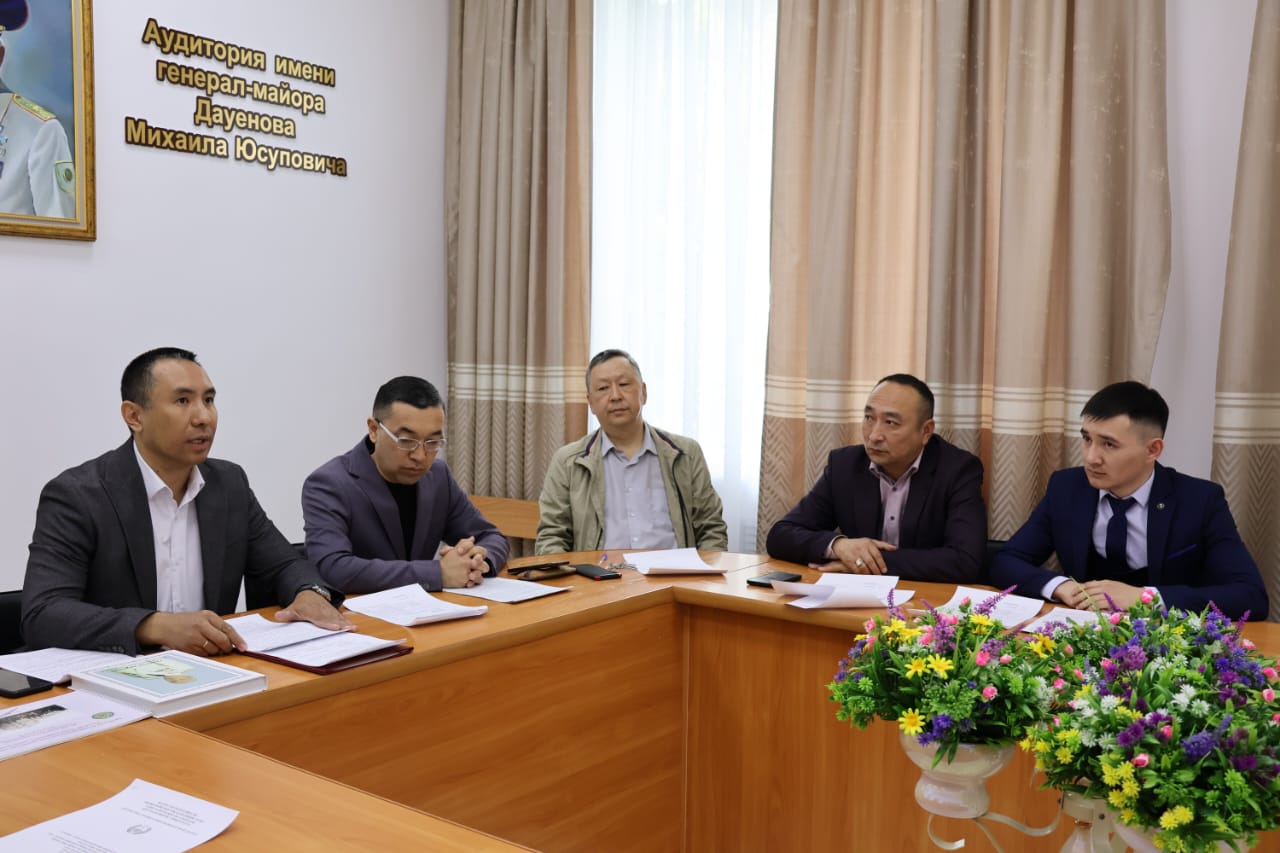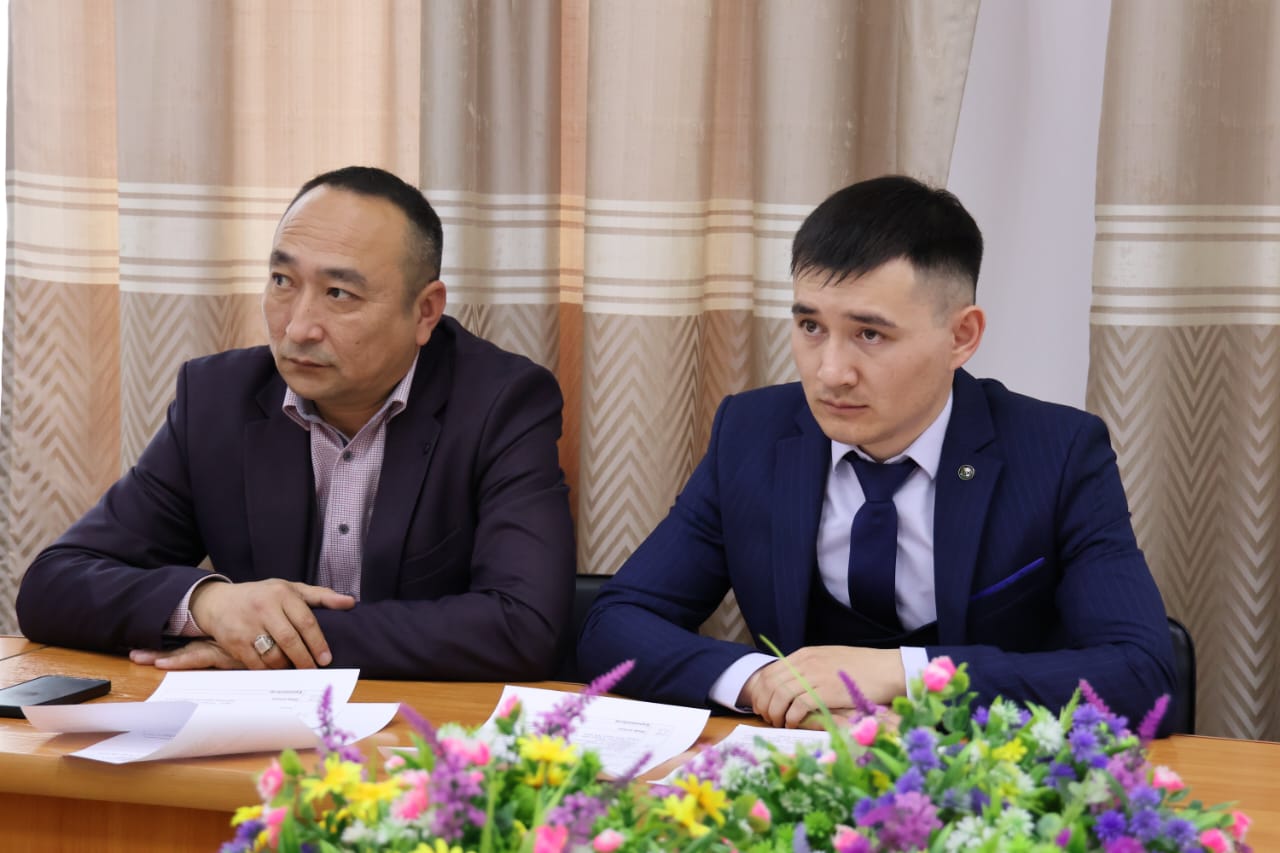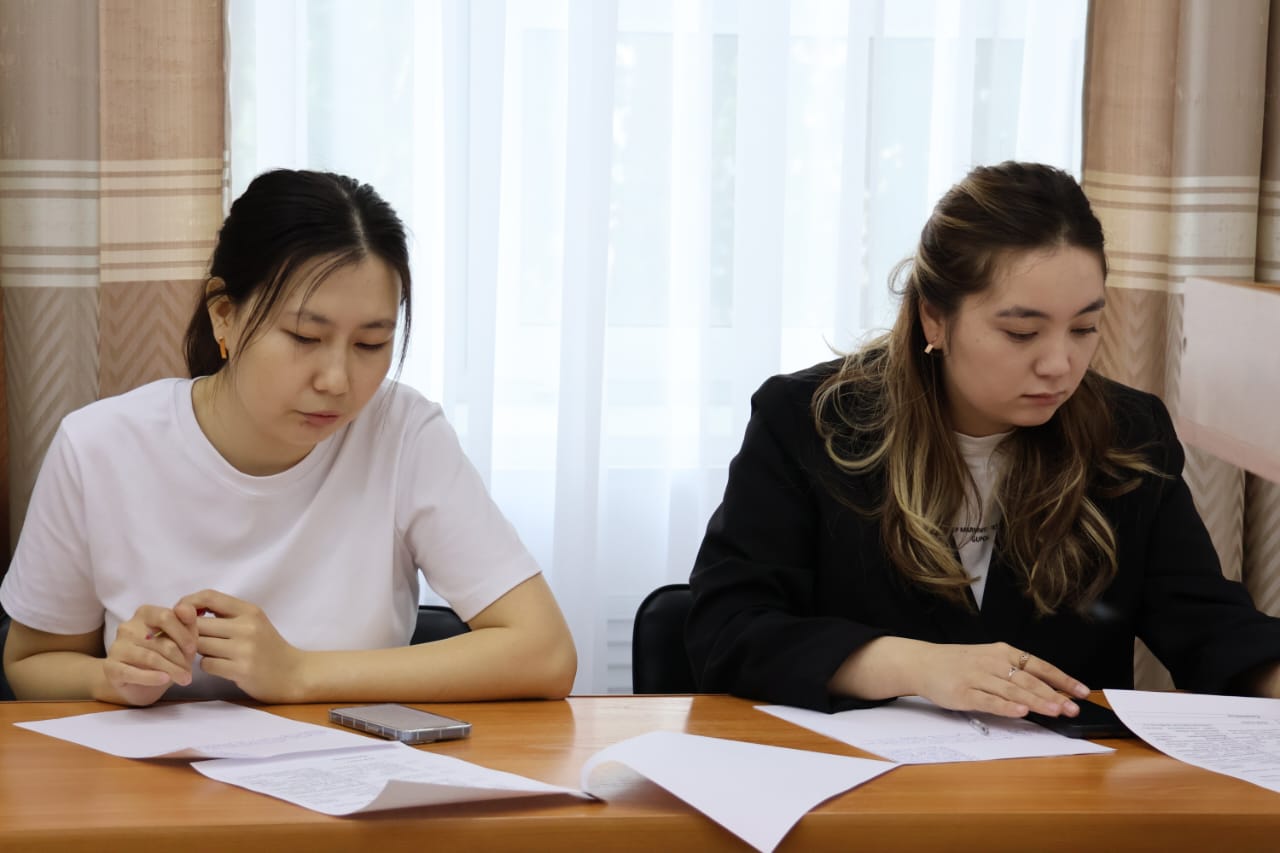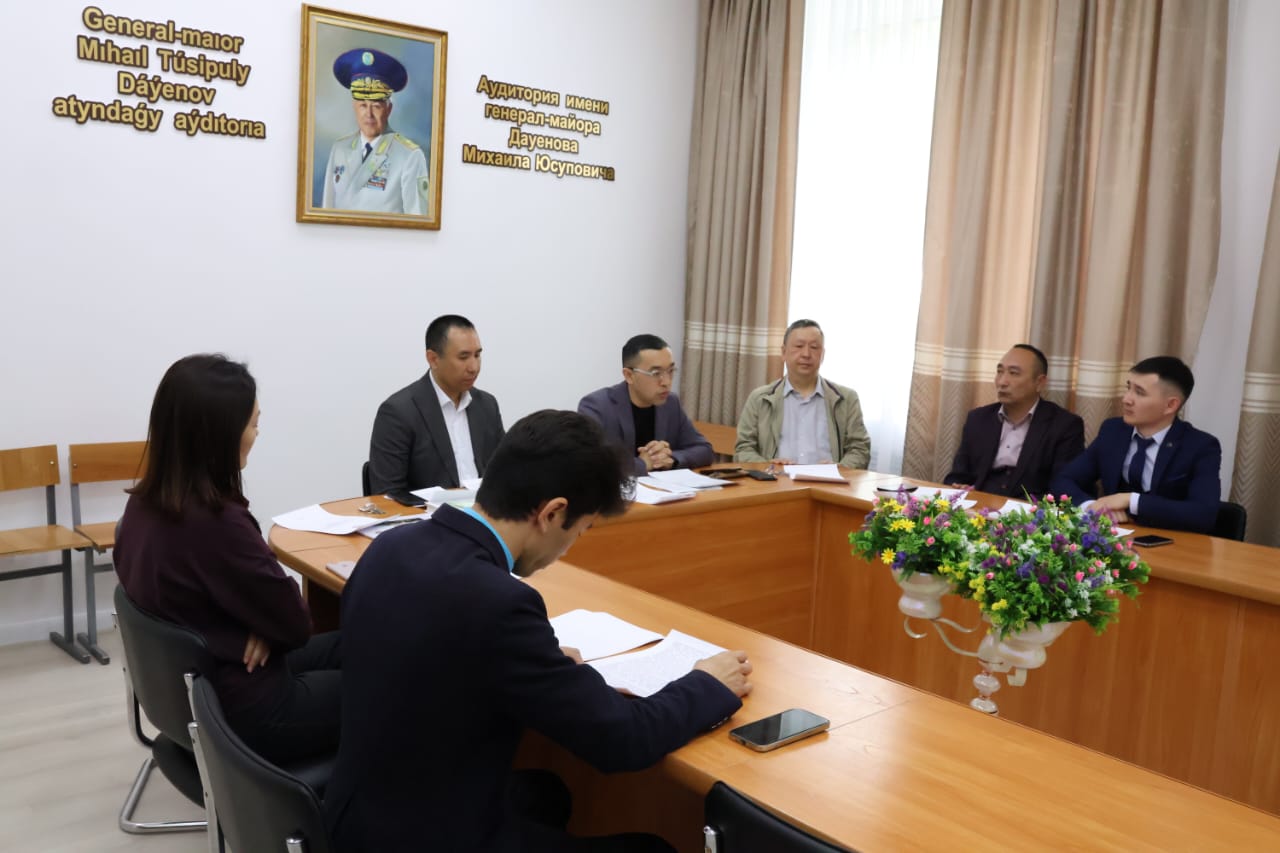On May 29, 2024, the roundtable meeting on the topic “The history of mass political repressions in Kazakhstan in the 1920-1950s: new archival materials and researches” was held by the Faculty of Social Sciences of the Baitursynuly University (KRU) together with the teaching staff of the Sh. Kabylbayev Kostanay Academy of the Ministry of Internal Affairs. It was commemorated to the Day of the Remembrance for the Victims of Political Repression and Famine.
The Faculty annually holds this scientific event both at the regional and international level with the invitation of scientists from Kazakhstan and other countries.
As noted in the work “Living Memory. Stalinism In Kazakhstan – The Past. The Memory. The Overcoming” edited by the scientists Zh. Abylkhozhina, M. Akulova, and A. Tsai, “Tens of thousands of dead, hundreds of thousands of innocent prisoners and forcibly displaced, broken destinies, broken families, and interrupted generations – all these are the consequences of authoritarian policies, lack of the rule of law and lack of respect for human rights. Only by preserving memory, and restoring and commemorating the historical past without letting anyone or anything be forgotten, and constantly reflecting on the events that happened, we’re able to fulfill our human and civic duty to all victims of political repressions of that period and take a step into the future in which something like this will never happen again.”
The roundtable meeting was attended by:
The study of Stalinism, the repressive political system of the Soviet regime in the 1920-1950s, continues to be a topical issue of modern historical science of Kazakhstan. The first President of Kazakhstan Nursultan Nazarbayev called on the society of Kazakhstan to do everything to prevent a repetition of political repressions in the modern and future history of mankind. “The memory of millions of people of different ethnic and religious backgrounds who were railroaded by the totalitarian regime - innocently convicted of dissent, those who died in the Gulag dungeons and mercilessly expelled from their native land – has always been and will be sacred for us, citizens of free and independent Kazakhstan.”
We need to remember the past and appreciate the present. The lessons of history only have value when they’re comprehended and realized by the modern generation of the people of Kazakhstan.



